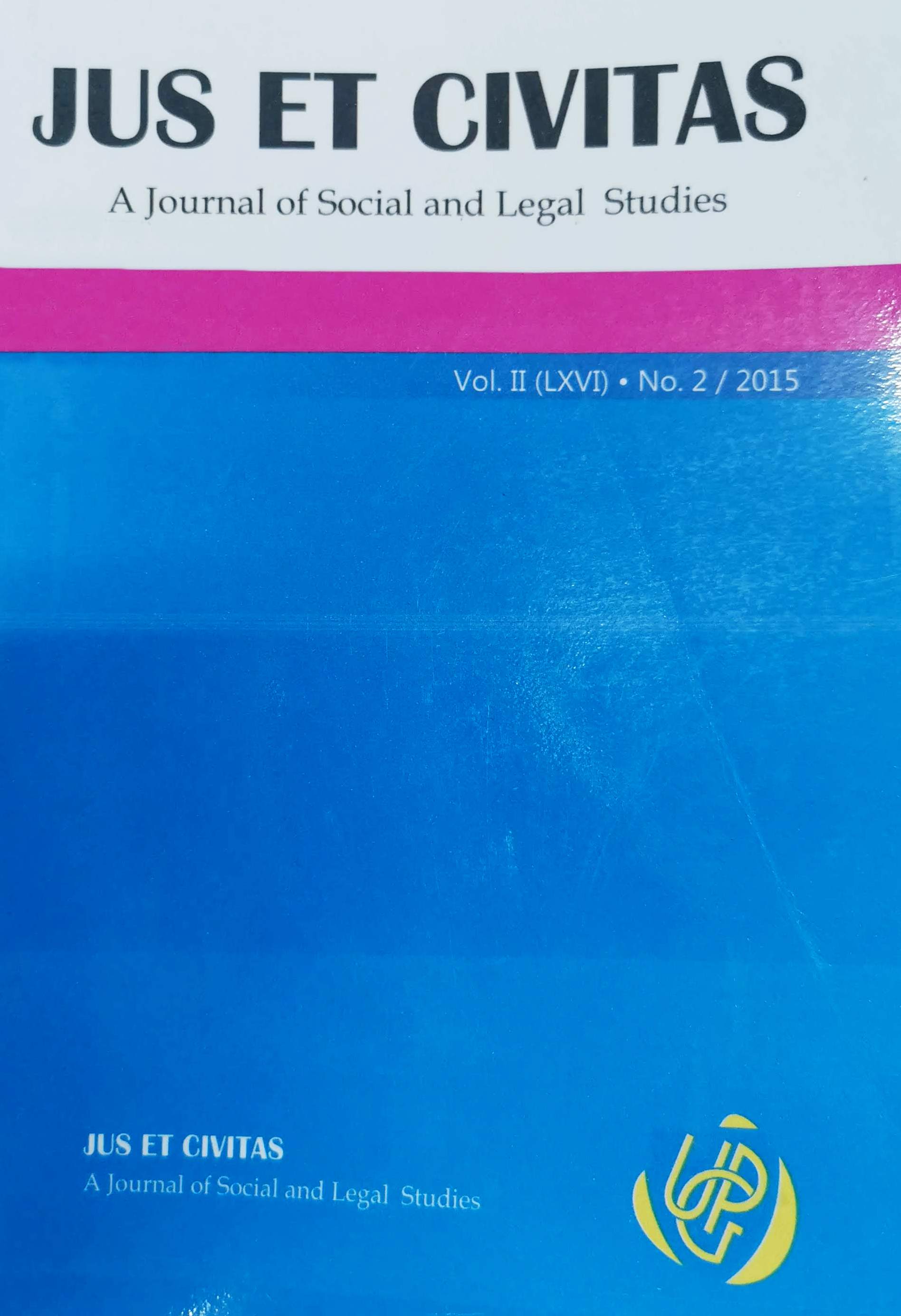HOW ‘TO BECOME’ MODERN WITHOUT CAPITALISM? FERNAND BRAUDEL’S PERSPECTIVE ON THE RISE OF THE WEST AS ALTEREUROPEANISM
HOW ‘TO BECOME’ MODERN WITHOUT CAPITALISM? FERNAND BRAUDEL’S PERSPECTIVE ON THE RISE OF THE WEST AS ALTEREUROPEANISM
Author(s): Oana ȘerbanSubject(s): History of Philosophy, Ethics / Practical Philosophy, Political Philosophy, 19th Century Philosophy
Published by: Editura Universitatii Petrol-Gaze din Ploiesti
Keywords: capitalism; Protestantism; modernity; alter-Europeanism; Orient; Occident; the East; the West;
Summary/Abstract: Approaching Fernand Braudel’s rejection of Weber’s argument of capitalism as a Protestant cultural product, the main aim of this paper is to argue that capitalism represents the principal vector of modernising the European society, its arising from a dominant Protestant West to East, in a register of pregnant differences, being easily interpreted as the expression of creating, through various significances of capital, internal forms of alter-Europeanism. One of the goals of the present research is to confront two canonical factors of modernisation, Protestantism and capitalism, in the light of Braudel’s work-hypothesis that capitalism never was a typical modern phenomena or, to be more specific, it never independently attested the beginning or the fulfilment of Europe’s process of modernization. I attempt to follow Braudel in justifying capitalism as the result of a cultural historical development and not the effect of the Industrial Revolution, in the logic of an evenimential history, as Marxism would argue. For this purpose, I will apply Braudel’s distinction between capital and capitalism, in order to reconstruct the history of capital as the rise of the West, overcoming the classical context of the clash of two major traditions, the Occident and the Orient, in the terms of capitalist civilizational differences. As a consequence, I will extend the model of rivalry between the West and the so-called “Rest” (meaning the East, according to Vries), considered mutual forms of alter-Europeanism, to the tensions between Europe and other capitalist continental traditions, such as Asia. Therefore, the challenge of this critical inquiry is to give an answer to the following question: how was it possible for Europe to become modern without capitalism and, implicitly, what is the repositioning of the role of Protestantism in capitalizing Europe by giving privilege to the West in this logic?
- Issue Year: LXVI/2015
- Issue No: 2
- Page Range: 37-46
- Page Count: 10
- Language: English

